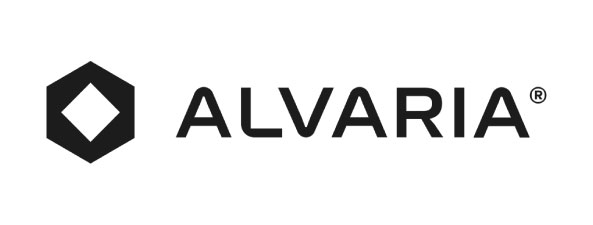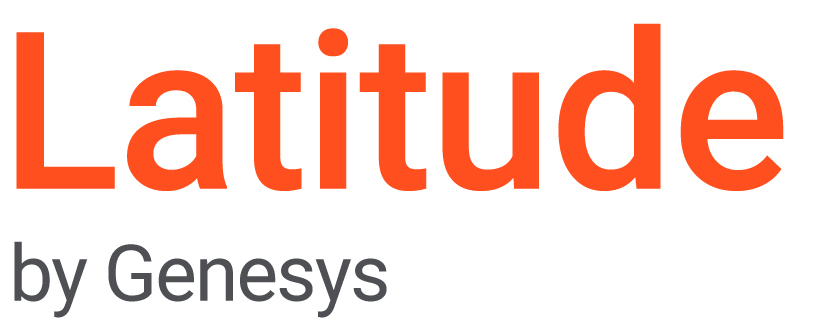The debt collections industry faces a new challenge: adapting to the new state computer privacy laws. These comprehensive laws, recently enacted in various states, bring forth significant data privacy and management changes. Understanding these changes is crucial for maintaining compliance and protecting consumer rights.
Overview of New State Computer Privacy Laws
The recent introduction of new state computer privacy laws marks a significant shift in how personal data is handled across industries. These laws typically encompass rights such as accessing, correcting, and deleting personal data. For debt collectors, staying informed about these changes is not just a matter of legal compliance but also of maintaining consumer trust and operational integrity.
State-by-State Breakdown
Each state’s approach to computer privacy laws varies, requiring a tailored response from the debt collections industry. For instance, California’s Consumer Privacy Act (CCPA) and Virginia’s Consumer Data Protection Act (CDPA) offer insights into how different states shape their data privacy frameworks. These laws often include provisions for consumer rights to access, correct, and obtain their data, posing unique challenges and opportunities for debt collection practices.
- California: Known for its Consumer Privacy Act (CCPA), which includes rights to access, correct, and delete personal data.
- Virginia: The Consumer Data Protection Act (CDPA) focuses on consumer consent, access to data, and correction rights.
- Colorado: Enacted laws emphasizing consumer rights to data portability and opt-out of data processing.
- Utah: Focuses on consumer rights to access and delete their data, with provisions for data security.
- Connecticut: Highlights include rights to access, correct, and opt out of personal data processing.
- Iowa, Indiana, Tennessee, Montana, Texas, Oregon, and Delaware: These states have introduced various privacy laws, each with unique provisions regarding data access, correction, and deletion.
Each state’s legislation has specific nuances and requirements, so it’s essential for businesses in the debt collection industry to familiarize themselves with the laws of the states they operate in.
Impact on the Debt Collections Industry
The new state computer privacy laws necessitate a reevaluation of how debt collectors manage consumer data. These laws not only mandate stricter data handling procedures but also require transparency in data processing activities. Adapting to these changes is essential for compliance, consumer trust, and avoiding potential legal repercussions.
This is where expert guidance and compliance software are invaluable. Companies like TEC Services Group and HealthCareTEC specialize in providing tailored solutions to ensure compliance with new state computer privacy laws. Our expertise can be instrumental in helping debt collection agencies adapt their practices to meet these evolving requirements.
The implementation of new state computer privacy laws is a pivotal moment for the debt collection industry. Embracing these changes and investing in compliance strategies is crucial. Not only understanding but adhering to these laws will ensure legal compliance and will also reinforce your organizaiotn’s commitment to protecting consumer data.
Stay ahead of the curve in data privacy compliance. For more insights and guidance on navigating these new laws, reach out to our team to learn how we can keep your organization compliant with new and changing laws.







